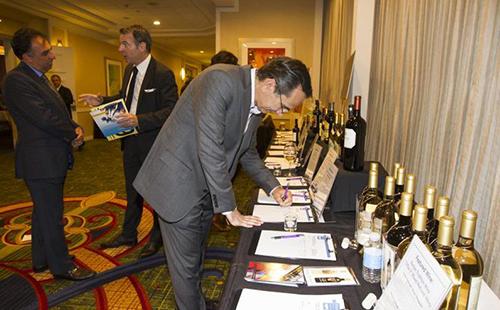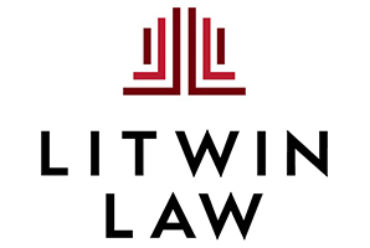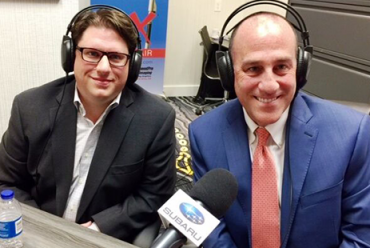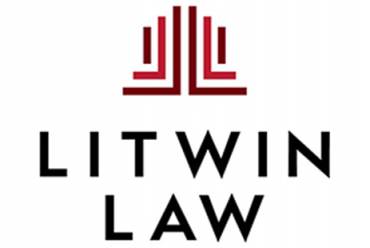Nonprofit Organizations: Sales Tax Obligations Relating to Sales at Silent Auctions
Nonprofit organizations that hold fundraisers or sell merchandise must be cognizant of sales tax collection obligations. Many nonprofit organizations think that they are not obligated to collect sales tax. Perhaps they believe that they are not required to collect tax because they do not routinely sell products or tickets. Some organizations think that their exemption from federal income tax extends to sales tax. But nonprofit organizations, with a few exceptions, are required to collect sales tax (and required to pay sales tax on purchases).
Executive staff, board members, directors and outside advisors should take note of the organization’s sales tax collection obligations. The anecdote below should give nonprofit boards, their directors and their advisors reason for pause.
Anecdote. In November 2017, I wrote about the sales tax obligations of nonprofit organizations (Read Article) that sell tickets and/or charge entry fees to tournaments, galas, street festivals or other fundraisers. Then, last spring, a metro Atlanta nonprofit held a festival for which it sold tickets. A few days before the event, the Georgia Department of Revenue’s local regional office contacted the nonprofit to remind the nonprofit to collect sales tax on the ticket sales. But the nonprofit had already sold most of the tickets and had not collected sales tax on the ticket sales. Unhappy, the nonprofit was preparing to pay the uncollected sales taxes from its own funds. Fortunately, the nonprofit overcame the problem, because, by statute, the organization was exempt from collection obligations. This exemption was unique to the nonprofit and does not apply to most nonprofit organizations.
Silent Auction Fundraiser. Nonprofit organizations use different methods to raise money. A common fundraiser includes a gala with a silent auction, at which attendees bid on items donated by businesses and individuals. With few exceptions, the nonprofit organization must collect sales tax on the winning bids. This blog provides some best practices for ensuring that sales tax is collected properly on winning bids.
Donor’s Gift to the Nonprofit Organization. If an individual purchases and donates an item for the auction, then the individual must pay sales tax on the purchase of the item. If a business donates an item from inventory purchased for resale, then the business must accrue and pay sales tax when the business removes the item from resale inventory. The business must pay tax on its purchase price. For example, a business may sell computers and donate a laptop computer. The business must accrue and pay sales tax on the amount that it paid for the computer, and not on the amount for which it sells the computer. If the business manufactures items for sale and donates a manufactured item, then the business must accrue and pay sales tax on the “fair market value” of the manufactured item (which, typically, is the amount for which the manufacturer sells the item). The accrual and payment of tax, whether by a reseller or a manufacturer, is known as a tax on the “fictional sale” and is imposed by O.C.G.A. § 48-8-39. But regardless of who donates the item, the nonprofit organization, unless exempt, must collect sales tax from the winning bidder.
Mark Each Item with its Fair Market Value. Before the auction, the nonprofit organization should establish the fair market value of each item offered for bidding and keep a record of such value. On the bid sheet, the organization should note the fair market value.
Winning Bid Exceeds Fair Market Value of the Item. If the winning bid exceeds the “fair market value” of the item, then the winning bidder pays sales tax on a portion of the winning bid – the “fair market value” of the item. The nonprofit can record the excess as a “contribution.” For example, if the auctioned item is an autographed football that has a “fair market value” of $200.00, and if the winning bidder pays $500.00 for the football, then the winning bidder must pay sales tax on $200.00 (fair market value). The excess over the fair market value ($300) is “contribution income,” a donation to the nonprofit entity. The nonprofit organization should identify this part of the proceeds as a contribution from the winning bidder. The nonprofit organization must keep a record of these amounts.
Winning Bid is Fair Market Value or Less. The winning bid may be the fair market value or even an amount less than the fair market value. In either case, the nonprofit organization must collect sales tax on the winning bid. In the above example, if the autographed football has a “fair market value” of $200.00, and if the winning bidder pays $150.00 for the football, then the winning bidder must pay sales tax on $150.00.
Bundled Transactions/Products (some taxable and some nontaxable). Many auctioned items include a bundled combination of nontaxable services and taxable personal property. For example, the nonprofit may offer a gift basket provided by a massage spa. The basket could include taxable products bundled together with nontaxable services, such as five one-hour massages and $100 worth of skin-care products from the massage spa. If the fair market value of the five massages is $400, then the auctioned basket has a $500 fair market value that includes nontaxable items of $400 (the massages) and taxable items of $100 (the skin care products). If the winning bid is $1,500, then (1) the nonprofit must collect sales tax from the winning bidder, (2) the winning bidder must pay sales tax on $100, which is the fair market value of the taxable portion of the basket, and (3) the organization must provide the winning bidder with a statement/notice that $1,000 of the $1,500 donation is tax-deductible. Finally, the nonprofit must also keep a record that $400 of the remaining $500 is for nontaxable massages (personal services that are not subject to sales tax) and that $100 is for tangible personal property (the skin care products).
Keep Records. The above requirements are complicated. Having to recreate the transactions is more complicated. Thus, the nonprofit organization should keep accurate records of (1) the fair market value of each auctioned item, (2) the winning bid, (3) the excess of each winning bid over the item’s fair market value and (4) any portion of the fair market value that is not taxable (such as services).
Conclusion. Nonprofit organizations must ensure that they collect sales tax properly. A nonprofit that has already held a silent auction is not relieved of the obligation to collect sales tax simply because the event has passed. Tax should have been collected and is due. Failing to collect tax could subject all responsible persons (jointly and severally) to personal liability for the uncollected sales taxes. The nonprofit can minimize liability by coming forward through a voluntary disclosure to the Georgia Department of Revenue to limit lookback exposure and penalties (criminal and civil).








